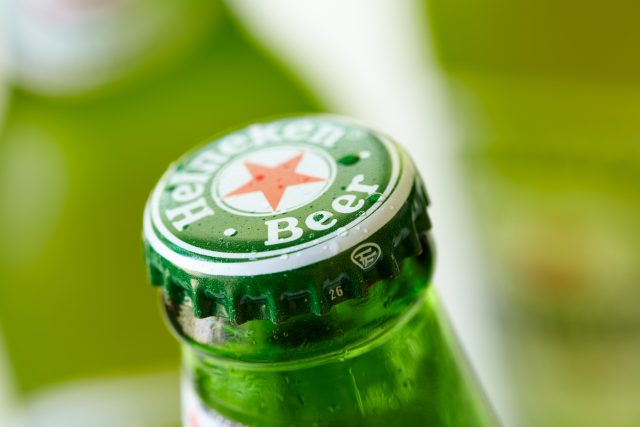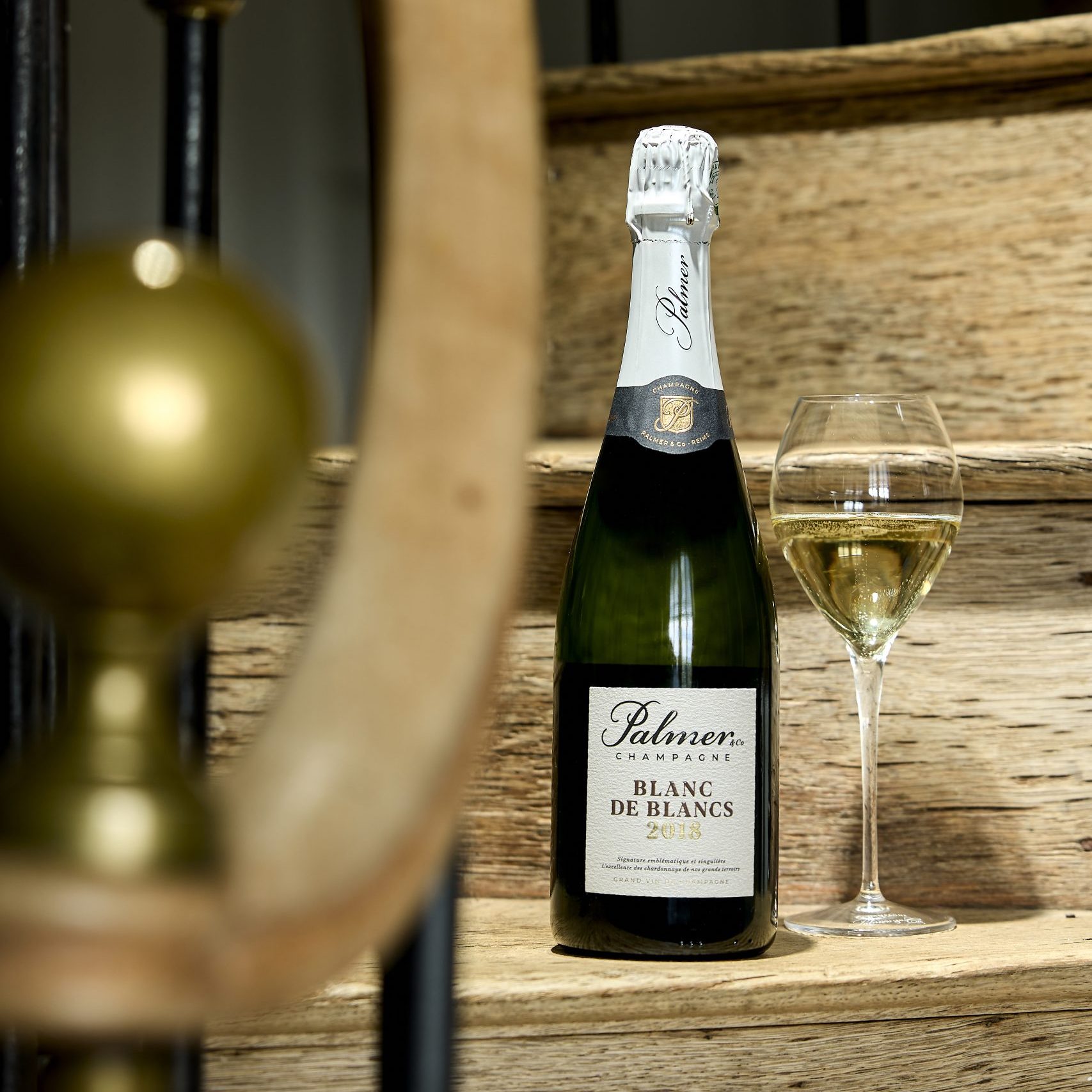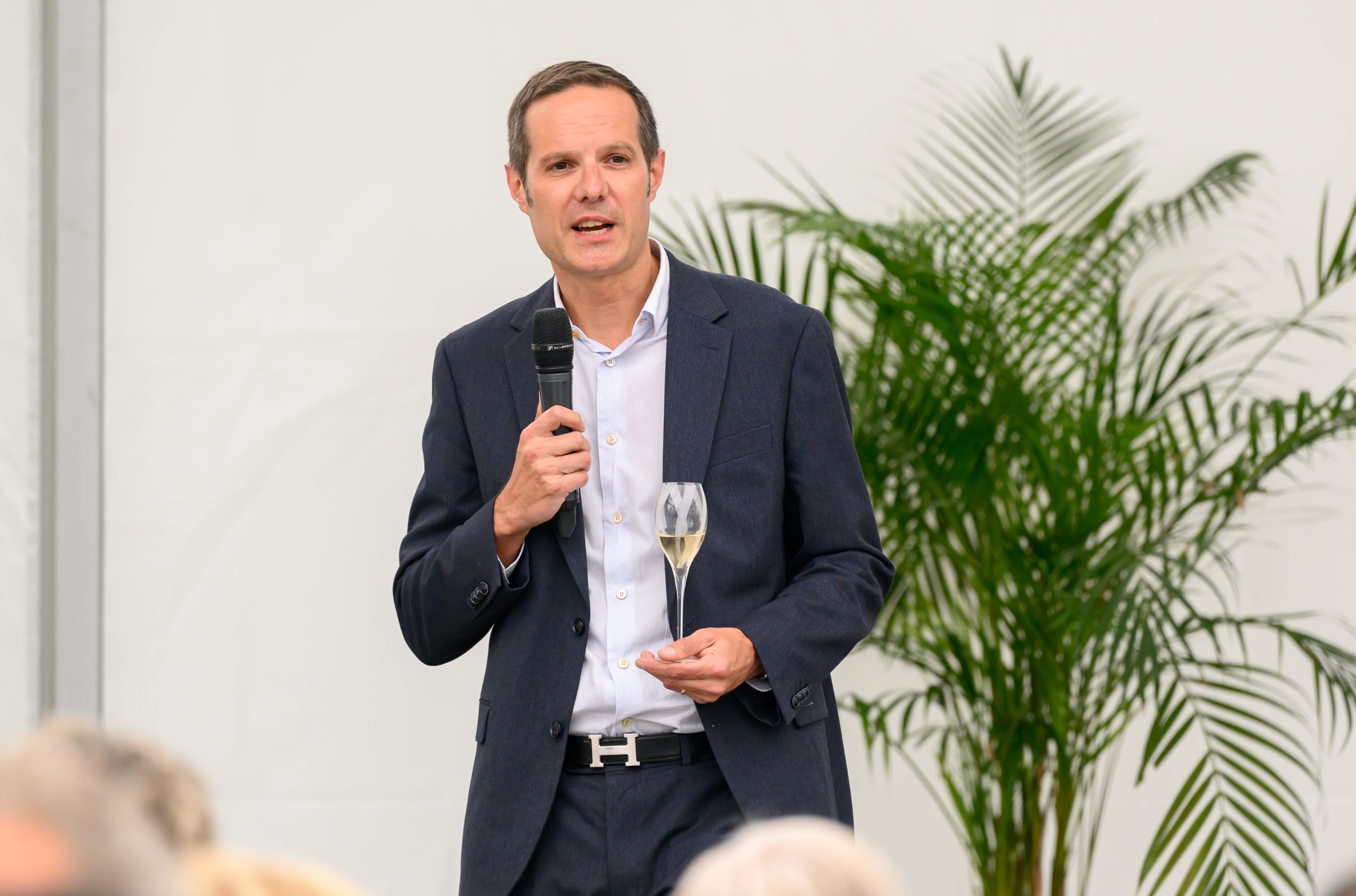Heineken claims high beer prices are putting off drinkers
Heineken has reported that beer volume in the last quarter has declined due to “challenging economic conditions” in many markets and lower consumer demand after “inflation-led pricing”.

The beer giant said that its overall volume had declined organically by 4.2% in the previous quarter with an overall year to-date decline of 5.1%, showing a slight improvement on volume in around half of its markets and gaining or holding volume as well at a similar level.
Revenue in the quarter was €9.6bn with a year-to-date figure of €27bn. Net revenue increased by 4.5% and net revenue per hectolitre was up 9.7% in the previous quarter and up 11.6% for the year-to-date. Price mix was up 9.5%, driven by pricing to mitigate inflationary pressures and premiumisation effects.
It also addressed its exit from the Russian marketplace following the Ukraine war, and stated net profit for the first nine months of 2023 was €1.924m, including the “effects” of winding up operations in the country. The company sold its Russian business for €1 in August this year, after it had faced mounting international criticism about the time it took to negotiate selling the business, which includes seven breweries and 1,800 employees, to Russia’s Arnest Group. Heineken’s chief executive Dolf van den Brink said at the time that it had taken “much longer than we had hoped”.
As a result of the exit, Heineken said its premium beer sales has declined by 5.7% with the Vietnam market also playing a factor. But it reported the premium portfolio “outperformed the total portfolio in the majority of our markets”, and said that the growth of premiumisation continued, with volume up 2.3% with double-digit growth in 28 markets.
Partner Content
The brewer’s low and no product Heineken 0.0 grew by 3.5%, which was driven by the Americas, and its 4% ABV Heineken Silver grew near to 40% with strong growth in China, Vietnam and the USA this year.
On the reporting of the last quarter of results, van den Brink said: “We continue to focus on our EverGreen priorities and see gradual improvement in our business performance, although somewhat slower than our ambition. In half of our markets, volume trends are improving. Similarly in just over half of our markets, we are gaining or holding market share.
“We returned to volume growth in the Americas, with strong performances in Brazil and Mexico. Asia Pacific improved sequentially, despite ongoing challenges in Vietnam. The Africa, Middle East & Eastern Europe region was impacted by volume declines in Nigeria and South Africa. In Europe, following the impact of adverse weather in July and August, trends improved in September and we gained share in the majority of our markets in the on-trade, with more to do to recover in the off-trade.
“Whilst inflation-led pricing is tapering, we observe a slowdown of consumer demand in various markets facing challenging macro-economic conditions. In this context, we will stay the course on executing our strategy, remain vigilant on costs and focus on rebalancing our growth. All in all, the operating profit guidance range for 2023 remains unchanged.”
Related news
Carlsberg Hong Kong expands no and low alcohol portfolio




